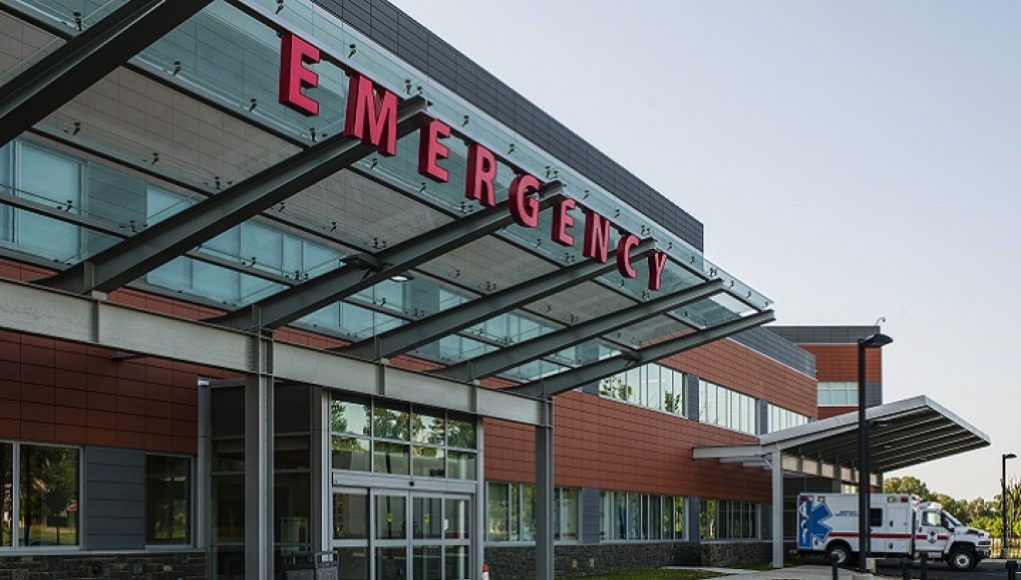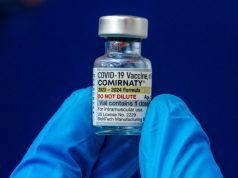Are you one of the 28% of American adults who skipped medical care last year due to costs? That’s up from 24% in 2021 and 23% in 2020, according to a survey by the Federal Reserve titled Economic Well-Being of US Households in 2022. The percentage of people skipping medical care due to money woes is now at the highest point since 2014.
It’s alarming to see that people without health insurance were significantly more likely to skip medical care due to costs than those with insurance in 2022. 42% of uninsured said they missed care because they couldn’t afford it, versus 26% of insured adults who said the same.
But what’s causing this rise in missed medical care? The Federal Reserve suggested that high inflation may be partly to blame. Overall, Americans’ self-reported financial well-being was down last year, with only 75% saying they were doing “at least okay” financially, five percentage points below 2021.
Advertisement
Don’t Skimp on Your Health
Medical care is one of those things Americans put off when money is tight. Among the types of medical care Americans put off, dental care was the most skipped, with 21% of American adults saying they put off dentist visits last year. That was followed by 16% of adults saying they skipped seeing a doctor or specialist. Ten percent said they didn’t fill prescription medication, 10% said they skipped follow-up care, and another 10% said they skipped mental health care.
The numbers may rise in the US as the COVID-19 emergency programs end and states have begun removing people from Medicaid. During the health crisis, Congress enacted federal legislation that would keep people continuously enrolled in Medicaid through the end of the COVID-19 public health emergency, which ended March 31. The Kaiser Family Foundation estimates that Medicaid/CHIP enrollment grew by 23.3 million to nearly 95 million between February 2020 and the end of March 2023, and between 5 million and 14 million could now lose coverage.
It’s time to prioritize your health. The US spends more on health care than any other high-income country in the world but ranks at the bottom on many significant health metrics. Let’s not add to these statistics. Take care of yourself and don’t let financial struggles get in the way of your well-being.
As financial stresses in the United States continue to mount, the inability of a growing number of Americans to afford medical care has become increasingly visible. A new study, led by researchers at Harvard Medical School, has found that in the last six years, the percentage of households reporting that they have skipped medical care due to cost has more than doubled.
The study surveyed adults aged 18 to 64 who were insured through private or public health plans across the United States. The alarming findings demonstrate that nearly one in four adults have reported foregoing medical care in the past year due to the cost. In addition to forgoing medical care outright, over a third of the participants had resorted to trying cost-saving measures such as postponing care, opting for generic medications, and filling fewer prescriptions than prescribed.
The researchers highlighted the fact that rising costs of health care consumption—driven in part by increasing deductibles—has resulted in substantial out-of-pocket expenses for those with insurance. In addition, survey respondents stated that health care costs were a source of considerable economic hardship. On average, those whose health-care bills caused financial stress had household incomes that were $15,000 lower than those of households who did not encounter similar financial pressures.
In the face of rising health care costs, the study recommends that policymakers look to stabilizing health care out-of-pocket costs. One option would be to partner with private insurers to reduce the need for prescription drugs and medical services, or to help those on public health insurance find cheaper alternatives. Such initiatives should also include subsidies for individuals and families in greater financial distress, as well as a system of programs to ensure that no individual is economically prohibited from receiving the necessary medical care they require.
It is clear from the results of this study that health care costs cantinue to be a major problem for many Americans. In the absence of reforms, the situation is likely to worsen, leaving vulnerable populations to bear the brunt of financial hardship on top of the complications of their medical care. With the right support and assistance from policy makers, however, the economic burden of obtaining medical care can be alleviated.




















